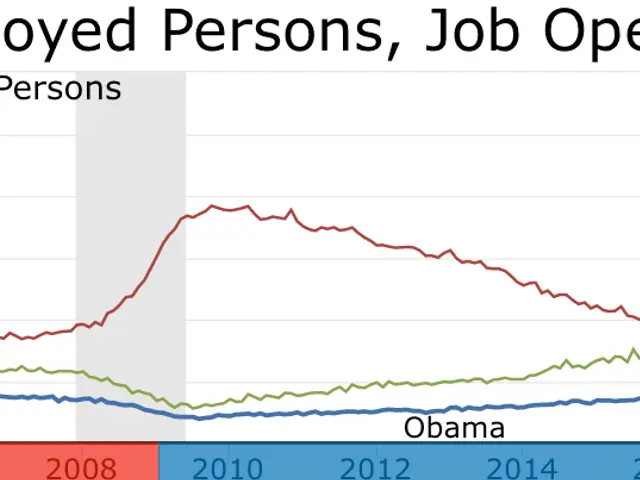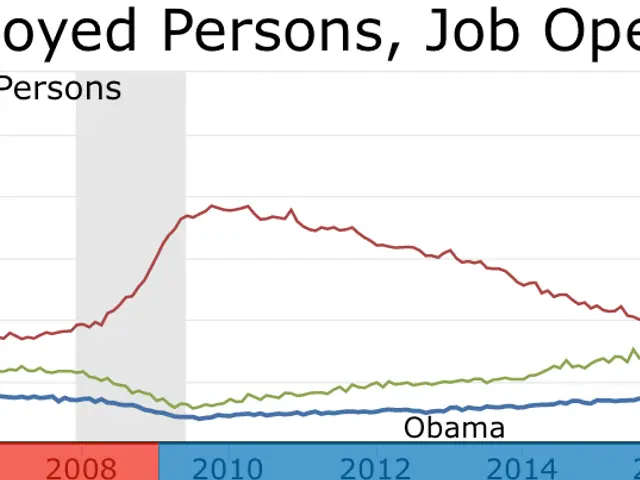Energy company SSE reduces financial commitment and issues caution that it may not achieve its 2030 carbon neutral target.
Major energy company SSE, based in the UK, has announced it is highly unlikely to achieve its 2030 renewable energy target due to a significant reduction in capital investment over the next five years. The firm cited macroeconomic uncertainty and planning obstacles as the reasons for this change.
In a statement, SSE Renewables expressed that it had experienced substantial growth in renewable projects in recent years; however, the current economic environment and delays in planning processes have led to reduced investment expectations. As a result, the company is now expected to fall short of its goal of generating 50 terawatt-hours of renewable energy by 2030.
This news comes shortly after Denmark-based Orsted abandoned plans to construct the 2.4GW Hornsea wind farm, one of the UK's largest, due to overwhelming cost pressures. The decision follows an earlier move by energy firm Drax to pause a major expansion of its Scottish hydro-power plant, and FTSE 100 company ABF mothballing a bioethanol plant in Yorkshire. These developments raise concerns over the viability of government net-zero plans.
Despite facing challenges and cutting investments, SSE's financial performance remains robust. The company reported a 26% decline in pre-tax profits to £2bn in the year ending March, accompanied by a 17% increase in net debt to £9.5bn. However, SSE was able to increase its full-year dividend to shareholders by 7% to 64.2p.
The firm completed its 443 megawatt Viking wind farm and associated high voltage cabling, representing an investment of over £1bn, during the year. SSE is also progressing its 3.6 gigawatt Dogger Bank offshore wind farm, with the first phase scheduled for completion in the second half of 2025.
CEO Alistair Phillips-Davies stated, "We have achieved our financial objectives for the year and have adapted our investment strategies to address the challenges in the changing world. We are maintaining investment discipline while focusing on strategic opportunities in networks." SSE's new investment plan outlines plans to spend £17.5bn over the next five years.
The UK's ambition to achieve net-zero emissions by 2050 relies on increasing renewable energy production. The challenges faced by companies like SSE in meeting renewable energy goals may slow the pace of this transition, highlighting the need for the UK government to revisit its support mechanisms and policies to encourage investment in renewable energy.
- In light of SSE's reduced investment expectations due to economic uncertainties and planning delays, there's a growing concern over the government's net-zero plans.
- Despite facing challenges and cutting investments, SSE's financial performance remains relatively strong, as evidenced by a 7% increase in its full-year dividend to shareholders.
- With the UK's ambitious goal of achieving net-zero emissions by 2050, the challenges faced by companies like SSE in meeting renewable energy goals may slow the pace of the transition.
- The UK government may need to reconsider its support mechanisms and policies to encourage investment in renewable energy, given the current economic challenges faced by companies in the industry.







